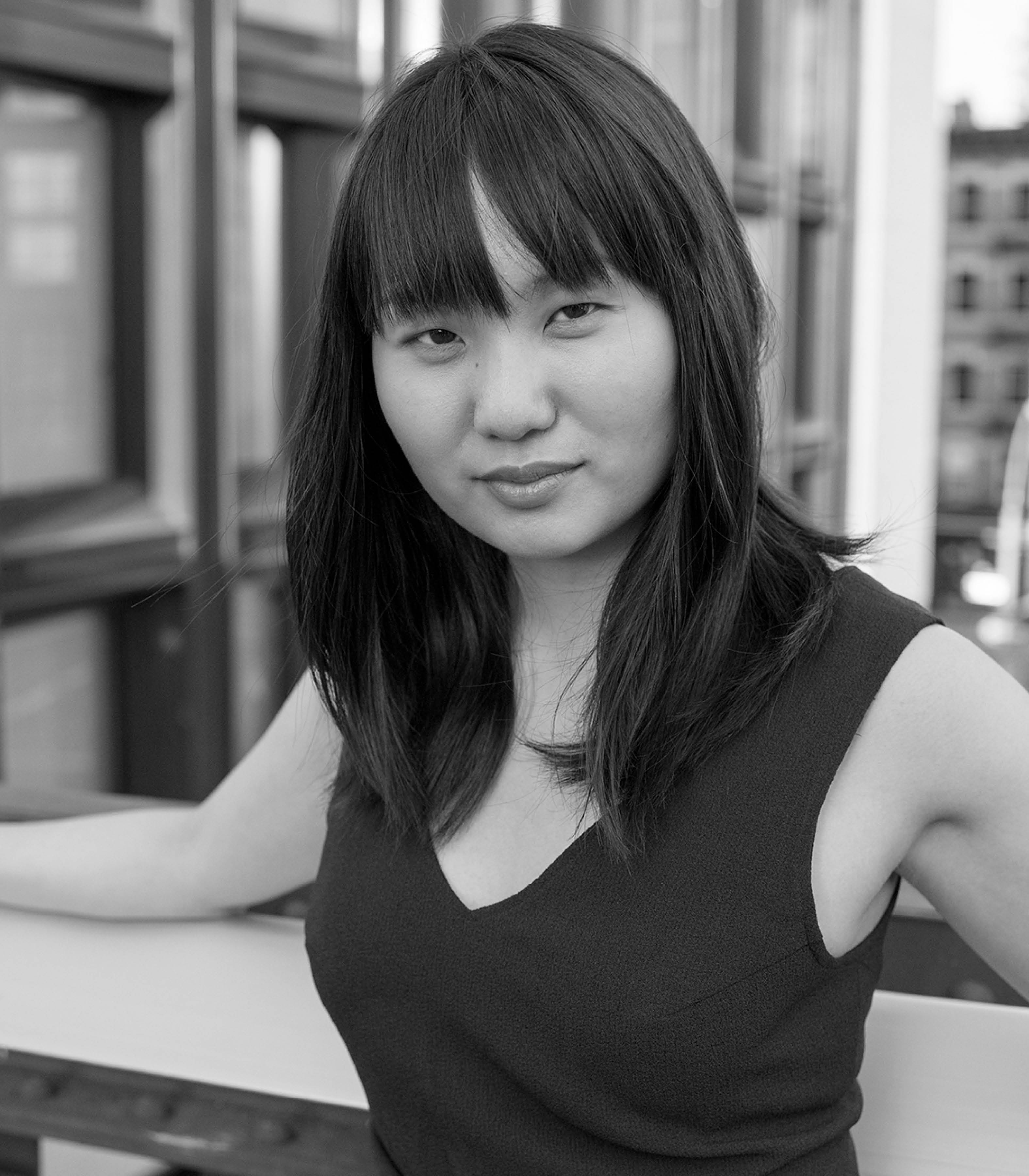
Amanda Phingbodhipakkiya is an award-winning neuroscientist-turned-designer, TED mainstage speaker, professor and STEM advocate. Before becoming a multidisciplinary designer, Amanda studied Alzheimer’s Disease at Columbia Medical Center. Her work brings science and society closer together and has been recognized by Fast Company, Forbes and The New York Times. She won a 2016 TED Residency and this past year, her work garnered a WeWork Creator’s Award, and she was named one of NBC’s 26 Emerging Asian American Voices. Through writing, speaking and design, she is trying to help the world better appreciate the importance and wonder of science.
Watch Amanda’s TED Talk
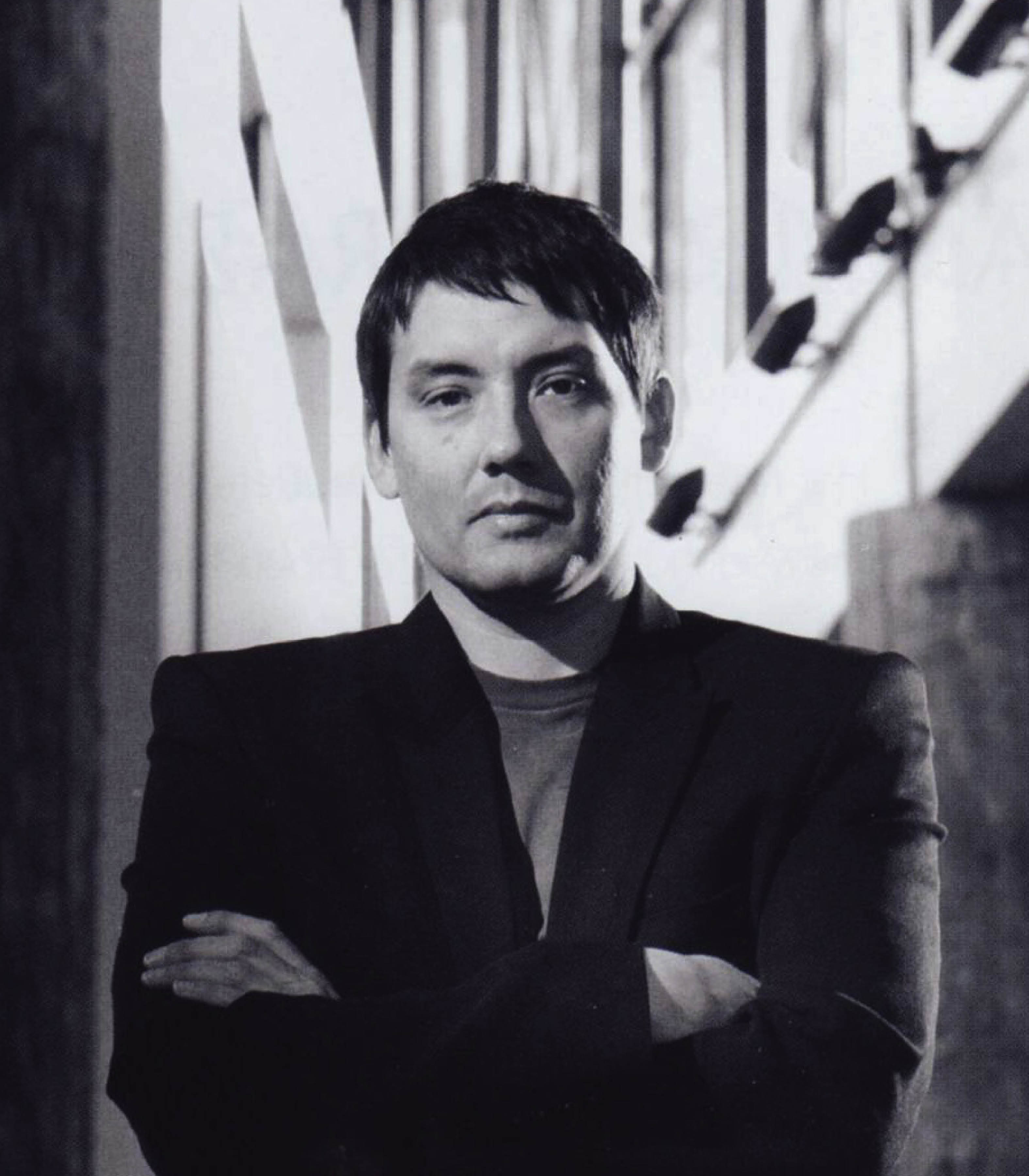
Chris Cornelius is an enrolled member of the Oneida Nation of Wisconsin and professor at the School of Architecture & Urban Planning at the University of Wisconsin. His research and practice focus on the architectural translation of culture and history, namely American Indian culture. In 2003, he founded studio:indigenous, a design and consulting practice serving American Indian clients. His designs for schools, furniture, memorials, and public buildings tell the stories of cultures and traditions by finding inspiration in indigenous dwellings and using materials in innovative ways. Merging the past with the present, Cornelius designs spaces that celebrate history while serving contemporary needs. He has received the the National Museum of the American Indian Smithsonian Institution Artist in Residence Fellowship, and earned a 2007 NCARB Prize for his design of affordable & sustainable modular housing.
View Work
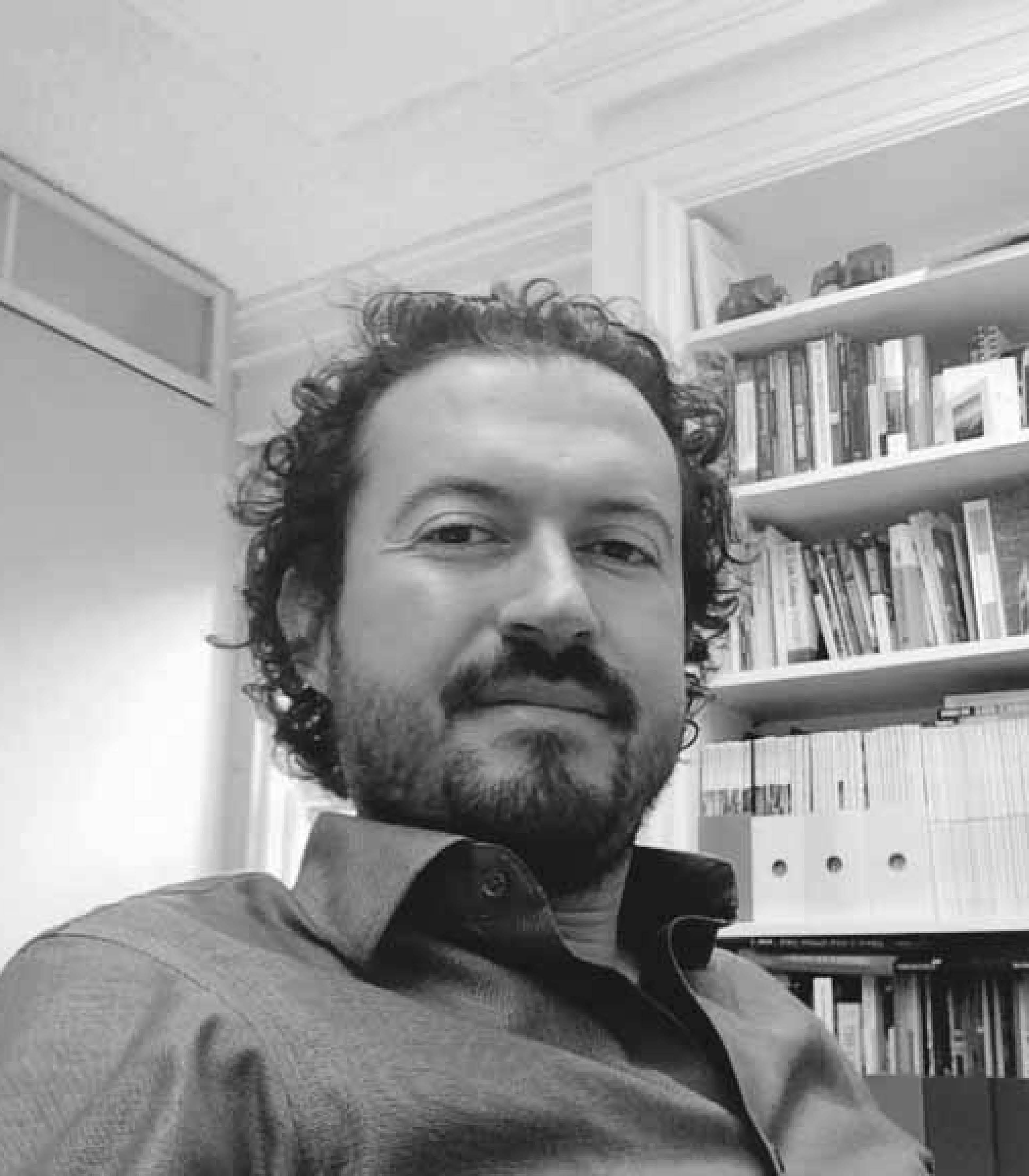
Gabriel Diaz-Montemayor is currently an Assistant Professor of Landscape Architecture at the University of Texas at Austin. His research focuses on public space as a social and environmental integrator along the US-Mexico border region. Montemayor has led several collaborative design studios, working with public institutions and students on real projects in Mexico and the US. He is also a founding partner of LABOR Studio (Landscape, Architecture, Border) based in Chihuahua, Mexico where he participates in urban design, urban planning and landscape architecture projects and research.
View Work
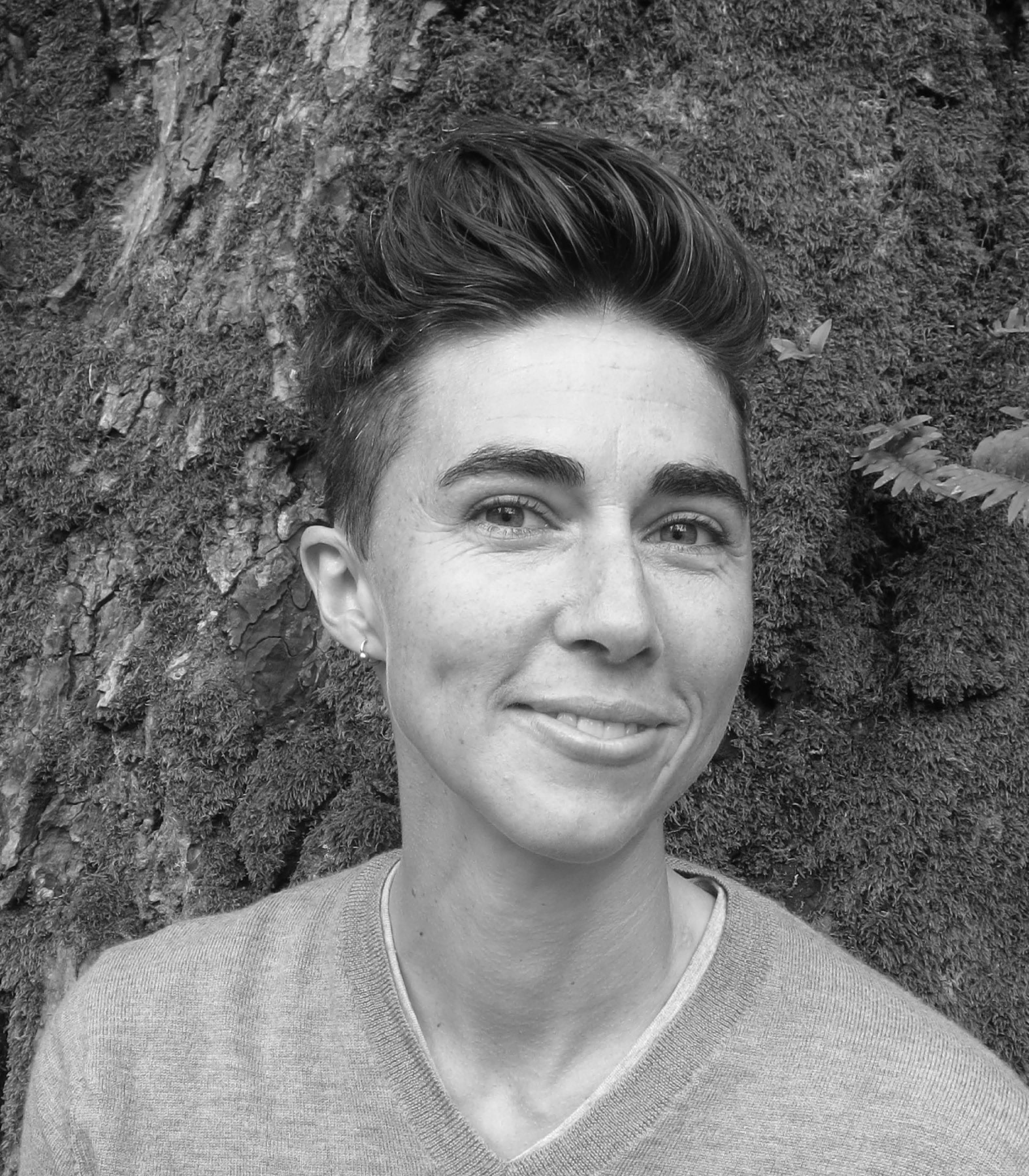
Katrina Spade is the founder and CEO of Recompose, an alternative to traditional death care which utilizes composting methods and design to sustainably repurpose bodies post-mortem. Based in Seattle, Recompose challenges the rigidity of individualism, environmentally destructive traditions, and socioeconomic divides by thoughtfully synthesizing architecture, ecology, and the human experience. During her graduate tenure at the University of Massachusetts Amherst, Spade received the AIA Henry Adams Medal after inventing the patent-pending composting system which catalyzed Recompose. She has since been featured in the Guardian, NPR, Wired, Fast Company, and the NYTimes.
Watch Katrina’s TED Talk
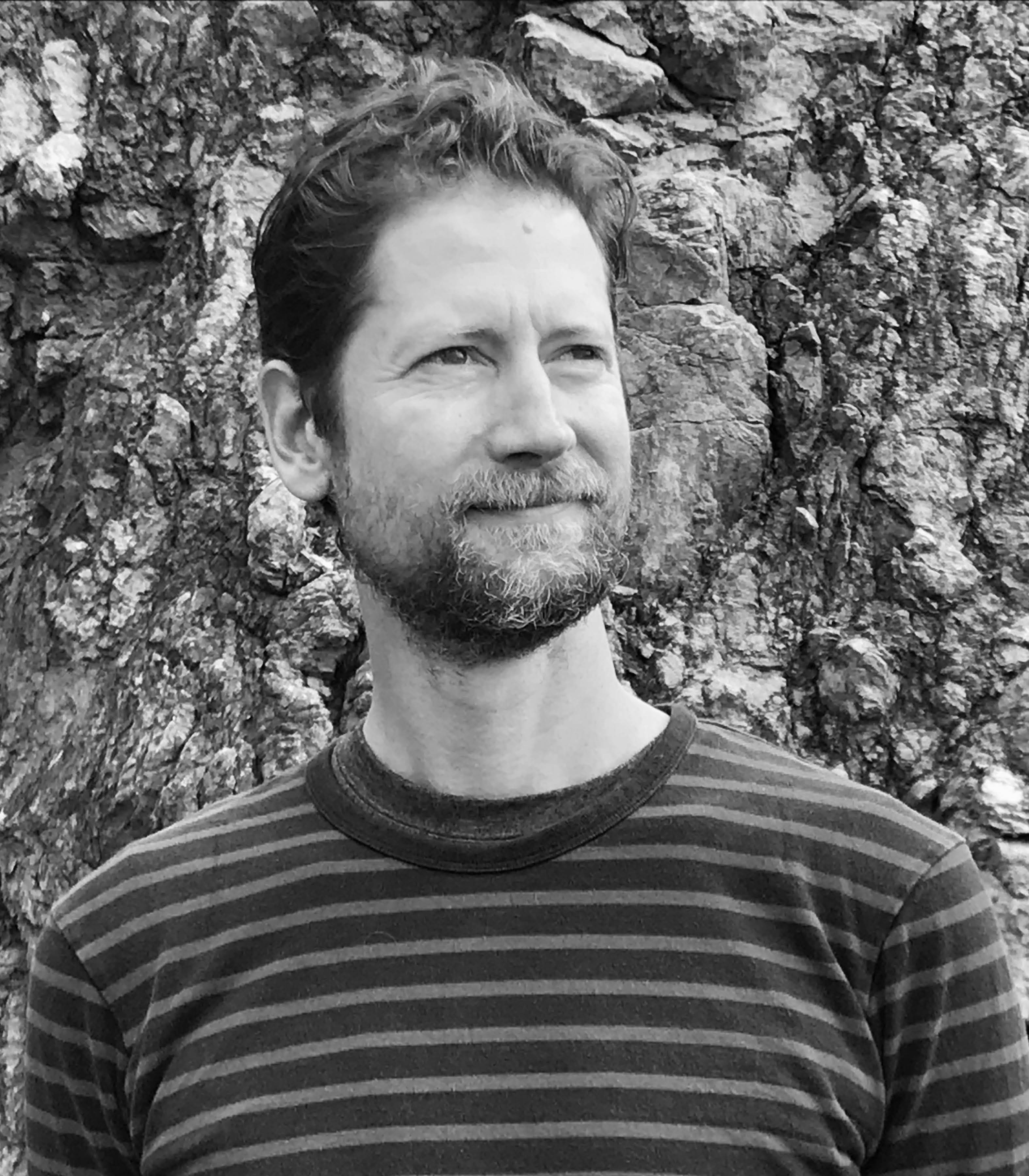
Thomas Jackson is a San Francisco-based photographer and artist. In his celebrated series, Emergent Behavior, Jackson explores self-organizing ecosystems, from termite mounds to flocking birds, through a poetic union of manufactured objects and the fluidity of nature. Each installation is an assembly of unexpected frameworks photographed against a natural scene, revealing the juxtaposition between the built and unbuilt. In addition to nationwide exhibitions, Jackson has been featured in Harper’s, The New Yorker, Wired, and Tricycle Magazine.
View Work

Paul F. Steinberg is a professor of political science and environmental policy. He currently serves as the Malcolm Lewis Chair of sustainability and society at Harvey Mudd College. Steinberg is the creator of the Social Rules Project, a nonprofit public outreach initiative that raises awareness for institutional causes of environmental problems. In his latest book Who Rules the Earth?, he explores the various rules that govern how people interact with the environment and why these rules will shape the definition of sustainability. Steinberg has served positions with the Natural Resources Defense Council, Conservation International, The World Bank, RARE, Pesticide Action Network, and the US Peace Corp.
Watch Paul’s Ted Talk
